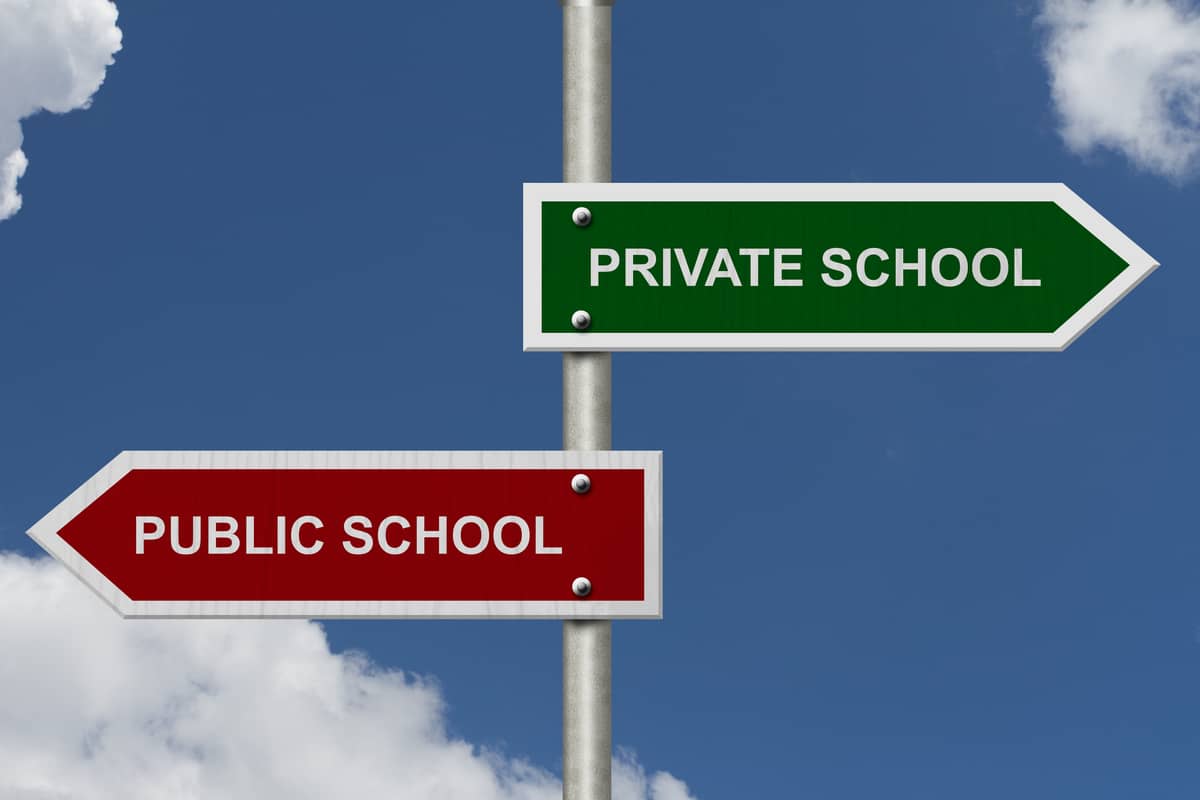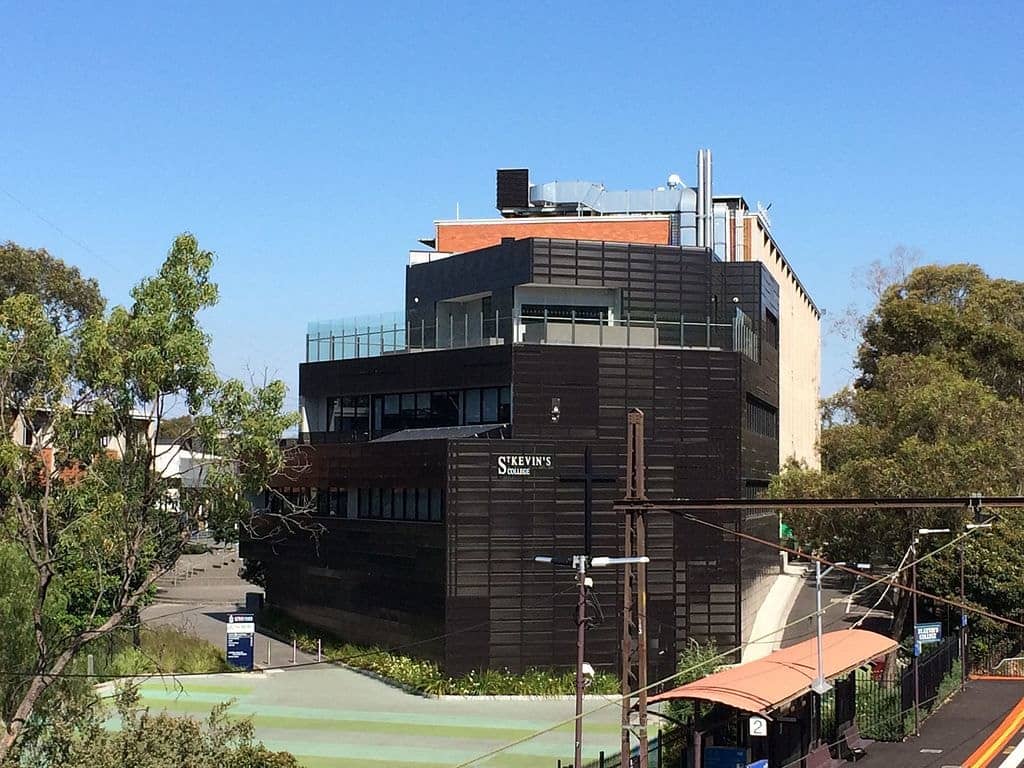
Can questions be dangerous? The recently reported backlash at St Kevin’s College regarding its respectful relationships project certainly suggests so.
In my research with teachers in elite private boys’ schools, I also had a sense that certain questions were more dangerous than others. When talking to teachers in these schools at the time, just before the #metoo moment erupted, the charge of elitism was a significant sensitivity.
Teachers and media commentators at this time were certainly “antsy” about being asked these types of questions.
“My children are finished school now [but] 10 years ago I would have gotten a bit antsy because I was paying school fees at a private school ... all that sort of stuff ... but now I think back ... and sort of think, well, you know, we need ... that conversation needs to take place.”
The teacher’s burgeoning reflexivity in the excerpt above speaks to how one’s investments, both literal and emotional, act as barriers to difficult conversations. Our entanglements make it difficult to admit things to ourselves, let alone to others. We can simply have too much skin in the game.
My research suggests that not only are barriers put up, but stakeholders will display a host of obfuscating behaviours to deny their realities.
For example, when it came to the issues of elite private schoolboys sexually harassing their teachers, school leaders and teachers themselves engaged in practices of denial, victim-blaming, disavowal and, ultimately, erasure.
Recognising the importance of difficult conversations
One wonders what St Kevin’s will do now. It’s demonstrating its privilege by being able to walk away from its commitments.
Perhaps it should have instead recognised that the emotional discomfort of difficult conversations is actually necessary, and can be crucial to opening more meaningful conversations, which might otherwise be closed down.
Perhaps the program it engaged with, and now rejects, was too blunt an instrument. But it does suggest that ad-hoc interventions, no matter how well-intentioned, will not in themselves be sufficient for change to be achieved.
This also begs the question whether anything can be achieved in regard to gender justice in elite private boys’ schools, considering that isolation is the logic by which educational privilege is produced and, more crucially perhaps, gendered.
St Kevin’s College: The crisis confronting modern elite private boys’ schools
If any kind of justice is to be achieved, we can’t take our eyes off the zero-sum game that schooling in Australia has become, the price people are willing to pay to stack the odds in their favour, and the costs borne by those excluded.
These exclusions pertain to gender, but also to race, class, and a host of marginalisations, which one of my participants candidly admitted:
“The filter is important … [because] unfortunately you've also got the local alcoholic’s kids at the [government] school, the drug dealer’s kids at the [government] school, you've got the local prostitute’s kids at the [government] school.”
Keep digging, and you’ll see marginalisation and inequity is the product of decades of neoliberal education policy.
Looking at the bigger picture
Before we throw our hands up in despair, we should start to ask ourselves if we’re asking the right questions.
Maybe the dangerous questions aren’t only about boys’ masculinities per se, but about elite private boys’ schools’ broader practices that enable the worst aspects of their students’ behaviours.
For example, the exclusivity of these schools, the gender segregation, the valorisation of hyper-competitiveness, the power imbalances between elite clientele and the teaching staff, are all aspects I’ve found to feed into displays of disempathy, gendered microaggressions, and sexual harassment by elite schoolboys.
As others have long pointed out, education itself is dangerous. It’s “dangerous” because of its capacity to shape the future of our societies, but also because its failures do precisely the same thing.

If there are “takeaways” from this #metoo moment in schooling, it isn’t about which education program might “fix” gender issues. Something much more radical is needed.
My research suggests that gender justice can’t be achieved by dealing with schoolboy masculinity in isolation of the consideration of the wider schooling context in which it emerges.
The ensemble of elite private boys’ school practices, reinforced by parent expectations and the hyper-commodification of schooling, are implicated in the reproduction of both the prideful and the profane.
Schoolboy masculinity that smacks of entitlement, that is dangerous, finds ample resources to flourish in these circumstances.
In short, better sex-ed simply won’t cut it.





